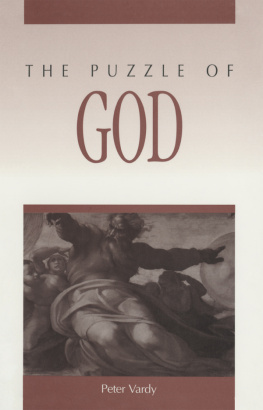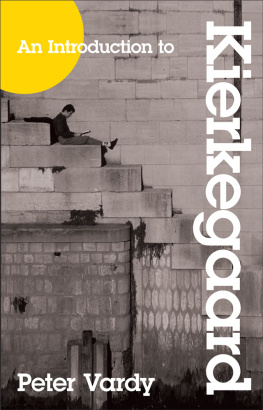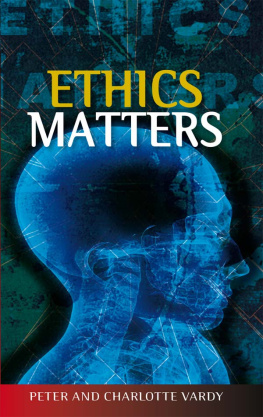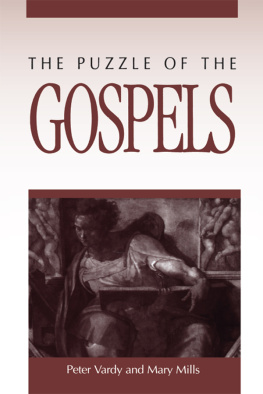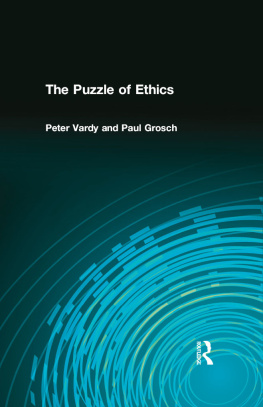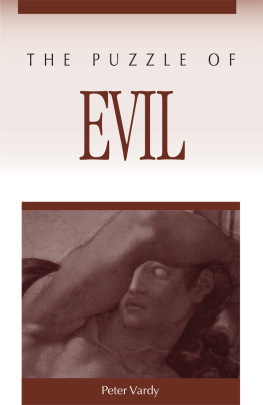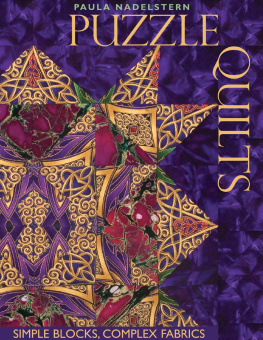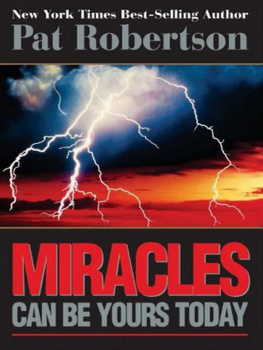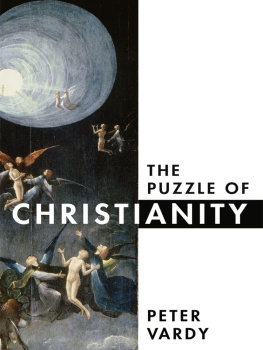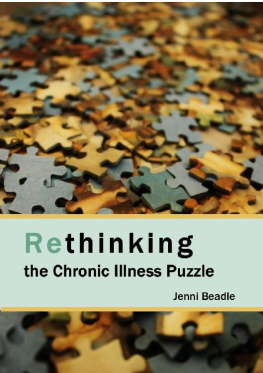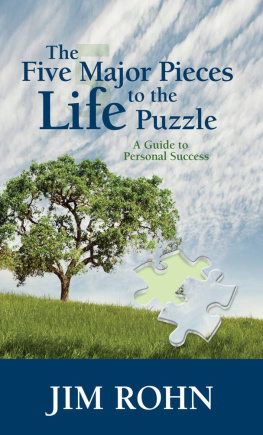THE PUZZLE OF GOD
First published 1990 by M.E. Sharpe
Published 2015 by Routledge
2 Park Square, Milton Park, Abingdon, Oxon 0X14 4RN
711 Third Avenue, New York, NY 10017, USA
Routledge is an imprint of the Taylor & Francis Group, an informa business
Copyright 1990, 1995 by Peter Vardy. All rights reserved.
No part of this book may be reprinted or reproduced or utilised in any form or by any electronic, mechanical, or other means, now known or hereafter invented, including photocopying and recording, or in any information storage or retrieval system, without permission in writing from the publishers.
Notices
No responsibility is assumed by the publisher for any injury and/or damage to persons or property as a matter of products liability, negligence or otherwise, or from any use of operation of any methods, products, instructions or ideas contained in the material herein.
Practitioners and researchers must always rely on their own experience and knowledge in evaluating and using any information, methods, compounds, or experiments described herein. In using such information or methods they should be mindful of their own safety and the safety of others, including parties for whom they have a professional responsibility.
Product or corporate names may be trademarks or registered trademarks, and are used only for identification and explanation without intent to infringe.
Library of Congress Cataloging-in-Publication Data
Vardy, Peter.
The puzzle of God / Peter Vardy.
p. cm.
Originally published: London : Fount, 1995.
Includes bibliographical references.
ISBN 0-7656-0169-9 (hardcover : alk. paper).
ISBN 0-7656-0170-2 (pbk. : alk. paper)
1. God. 2. GodProof. I. Title.
BT102.V36 1997
211dc21 97-2912
CIP
ISBN 13: 9780765601704 (pbk)
ISBN 13: 9780765601698 (hbk)
To my wife, Anne
again
With thanks for enduring patience, tolerance, support, love and five children!
Amor vincit omnia
CONTENTS
Dear Reader
Poets, musicians, philosophers and saints have, throughout the centuries, sought to communicate the reality of God to the world. Today we live in a rational age and their voices are muted. Still the eternal questions remain to challenge us and to mock the shortness of our brief lives.
In this book I have tried to present, clearly and simply, the main features of many of the central debates concerning Gods reality and how God is to be understood. No answers are given rather the aim is to help you, the reader, to think through the problems for yourself. Wherever specialised terms are used, they are defined so that no previous knowledge or reading is required.
The search for truth is never a comfortable one. It is always easier and more secure not to think and to remain content with our own certainties. Yet, whether we are believers or non-believers, doubts and problems about our own positions creep into our minds, however much we may try to avoid thinking about them. If there is a creator God, surely He has created our minds, and so the search for truth should not lead us away from Him. If there is no creator God, we have only ourselves on whom to depend. The search for truth and meaning is one of the few things that endure in a transitory world. As the book of Proverbs says when talking about wisdom:
Receive my instruction and not silver;
and knowledge rather than choice gold.
For wisdom is better than rubies;
and all the things that may be desired are not to be compared
to it.
(Proverbs 8:1011)
This book is a small attempt to help in the search for understanding. It is a search that will never be completely achieved, but this does not mean that the attempt must not be made. I hope you find the quest as exciting and worthwhile as I do.
My thanks are due to my wife Anne for her great patience in commenting on the draft manuscript and for her help in proof-reading. I am also grateful to Philip Gudgeon SJ, Sarah Allen and Gwyneth Little for their comments. Also I owe a real debt to the undergraduate and postgraduate students at Heythrop College, the smallest College of London University, where I lecture. I am also indebted to those studying for the Masters degree in the philosophy of religion at the Institute of Education, London. Their open-minded search for truth as well as their friendship have meant and still mean a great deal to me.
Peter Vardy
St. Clair
Devon.
Heythrop College
University of London
Advent 1989 to Epiphany 1990
(a) I believe in God.
(b) I do not believe in God.
(a) I believe in unicorns.
(b) I do not believe in unicorns.
We all know what a unicorn is. If we met one walking down our local High Street we would recognise it. We might, of course, have some doubts as to whether it was a real unicorn. We might well suspect that it was a trick of some sort, and might imagine that what we saw was a horse which had had a spiral horn somehow grafted onto its forehead. However, there would be tests that we could apply, and these might well include finding out where the animal came from. It may well be that we think that meeting a unicorn is so unlikely that no tests would satisfy us in this case we would be sceptical about the possibility of unicorns. We would agree about what a unicorn would be like but we would simply deny that there were such animals!
Imagine that you have a friend who is useless at mathematics. As soon as he sees a mathematical symbol, his mind goes blank. He has no notion of the basic elements of mathematics, although he is otherwise intelligent. Imagine that you try to explain to him what a prime number is. You might say: A prime number is any whole number that is divisible by itself and one and by no other number. You might go on to give examples and to tell him that the numbers 2, 3, 5, 7, 11, 13, 17, 19 and so on are prime numbers and that there are an infinite number of prime numbers. The person to whom you are explaining might, however, not be able to make anything of all this talk to him, prime numbers are simply not real. They are a curious idea used by mathematicians, but they are simply irrelevant and make no sense to him. Finally he might say to you: You say prime numbers are real and that they exist. All right show me one. You will probably be puzzled by this you cant put him in a car and drive him to see the prime number 17. Prime numbers certainly exist, but you cannot go to visit them. The prime number 17, or any other prime number, is not sitting in a particular place. The very fact that he asks you to show him a prime number means that he has not understood what a prime number is.
We understand what unicorns are and most of us accept that they do not exist. We understand what prime numbers are and most of us accept that prime numbers exist albeit in a different way to unicorns. We understand that trees, love, atoms and evil exist but in different ways. What, however, does it mean to talk of God existing?
The word God has been the most fought-over and debated word in the history of ideas. For centuries it dominated the thought of the most intelligent people on this planet. Even today, talk about God is guaranteed to raise the passions. Religion is an emotive subject, and around the world families and communities are divided from each other because of different religious beliefs. All too often these beliefs are passionately held, yet all too rarely do those holding the beliefs stop to think about what it is that they believe.

